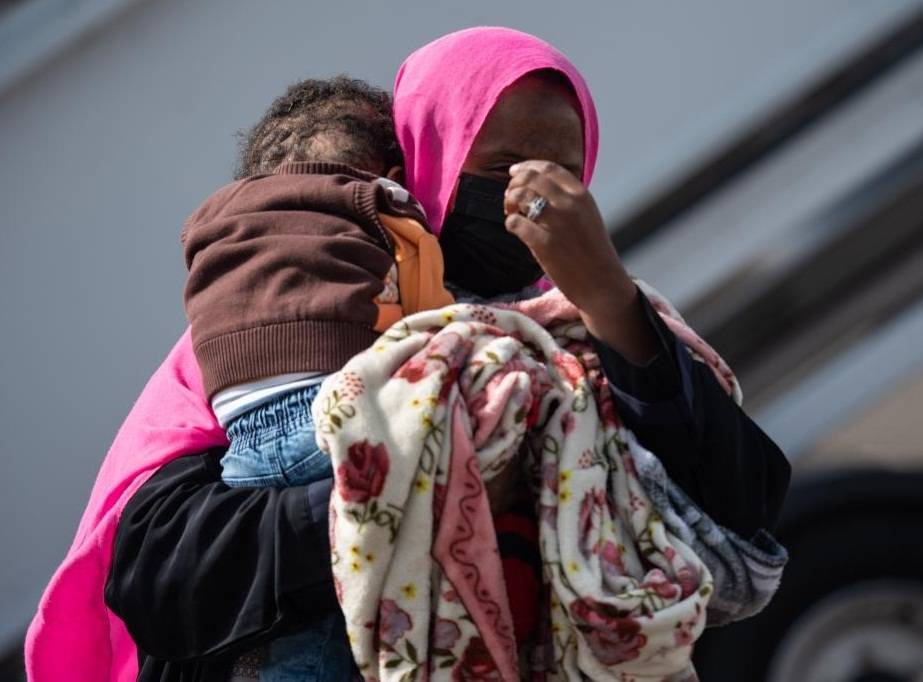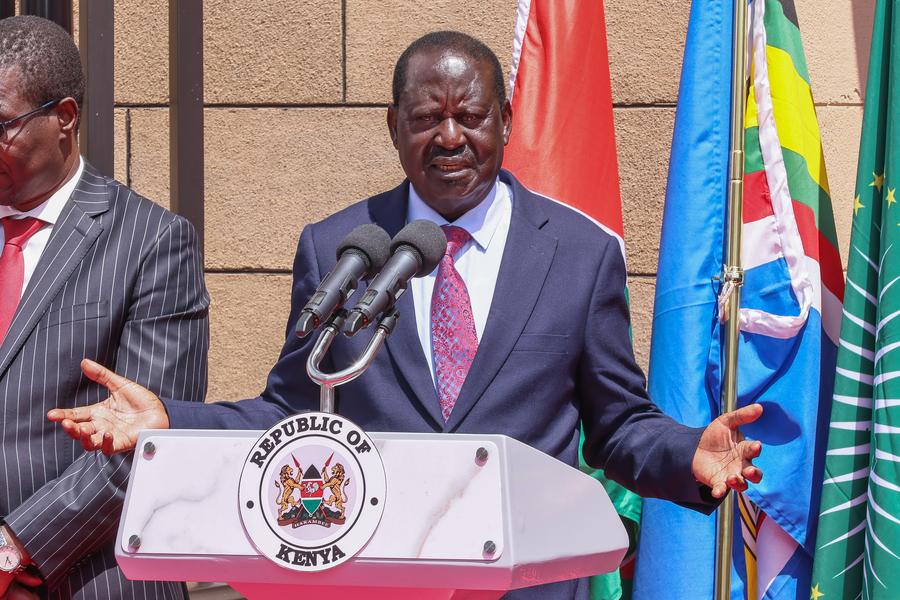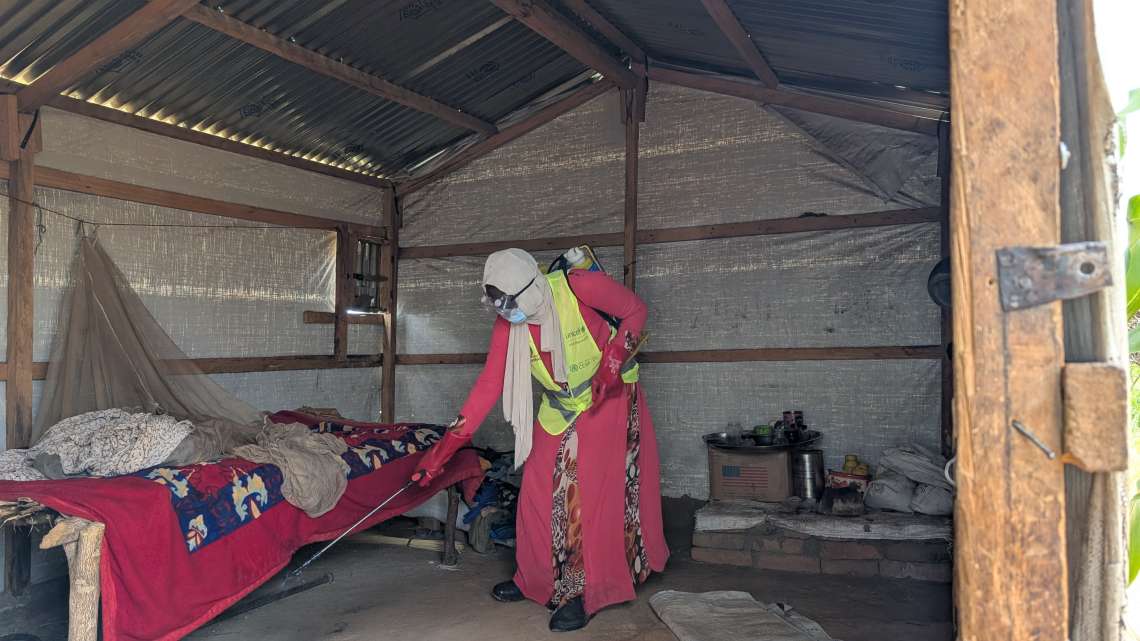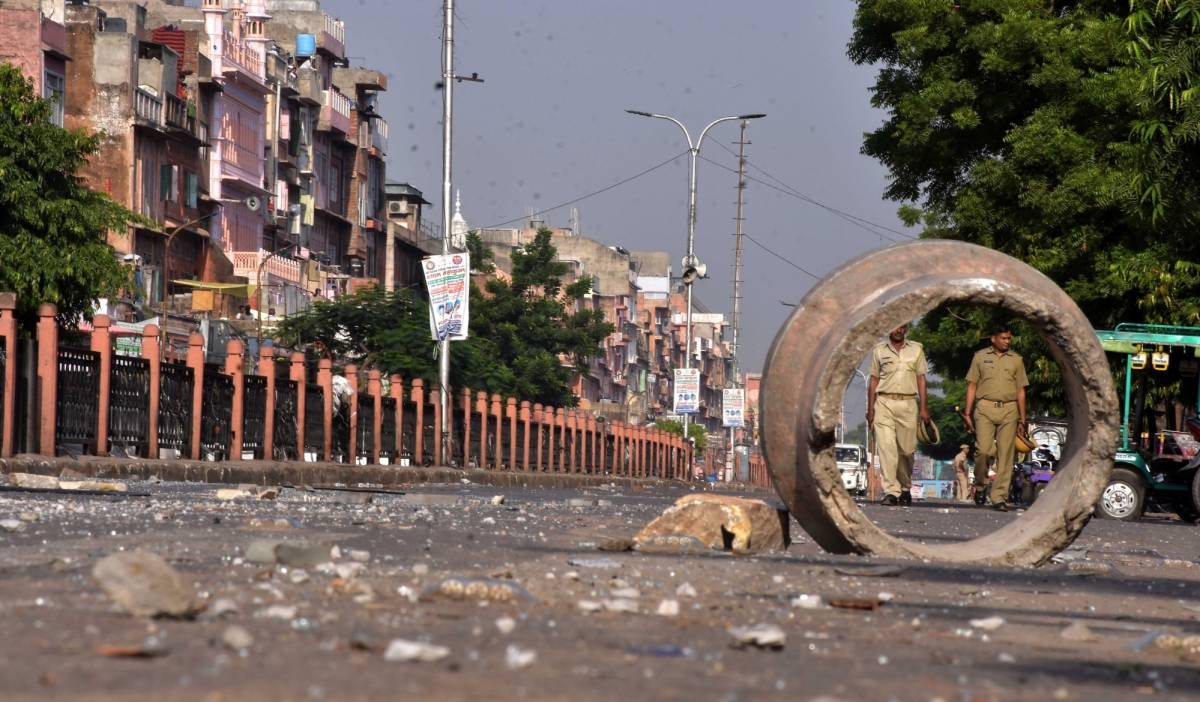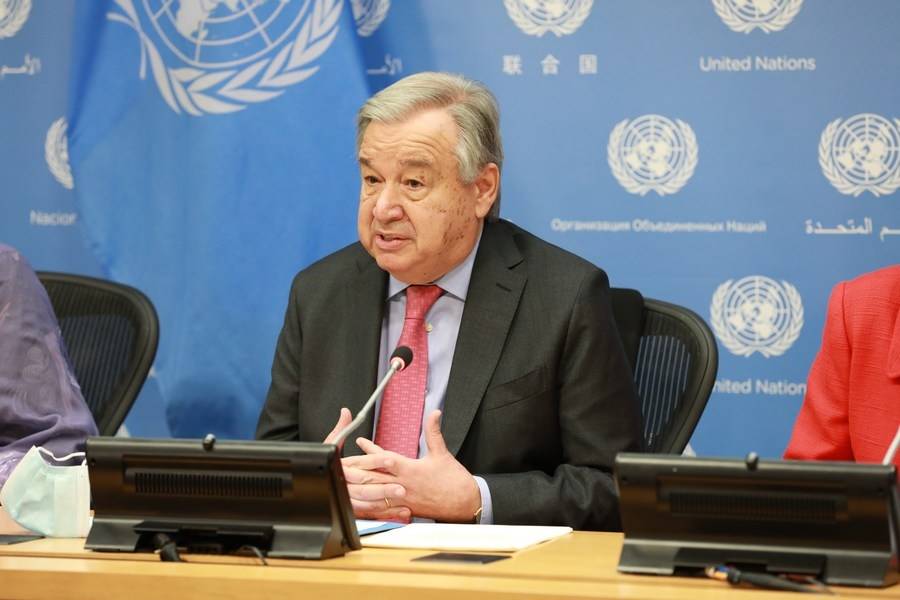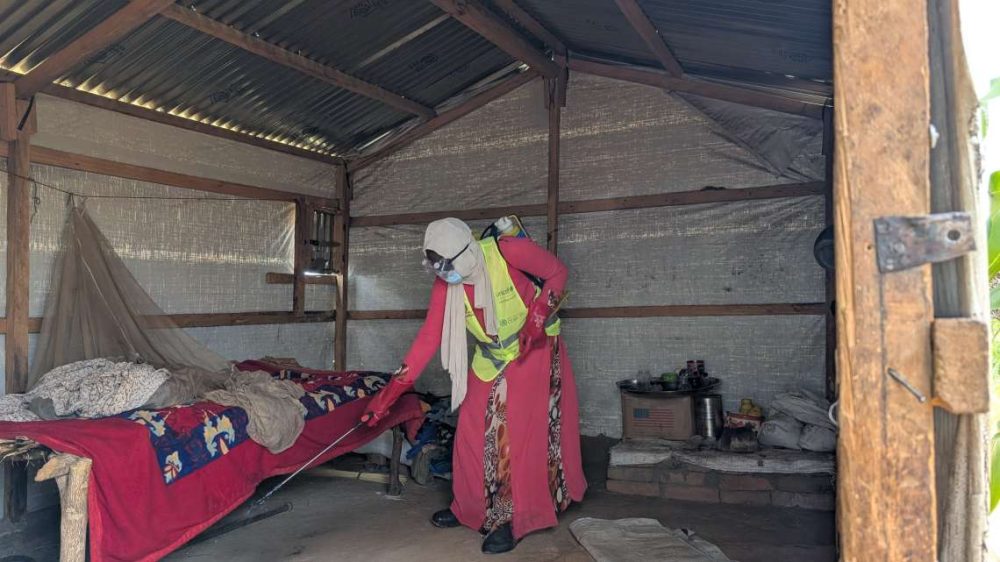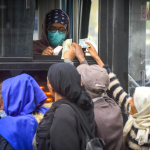The Unicef disclosed that it has only received 22 per cent of the $351 million it requires to meet the needs of 9.9 million people in Ethiopia…reports Asian Lite News
In a Humanitarian Situation report, the UN agency said it needs the funds to meet the needs of 9.9 million people impacted by drought conditions in four regions of Ethiopia.
The appeal also includes funds needed to help 4.45 million children in Ethiopia, reports Xinhua news agency.
Unicef aims to provide life-saving supplies as well as standard health, nutrition, educational and sanitary services assistance to the needy.
The report further revealed that nearly 650,000 children are out of school in Ethiopia’s Oromia, Southern and Somali regions due to drought conditions.
ALSO READ: 3,410 Ethiopians repatriated from Saudi
It also disclosed the drought condition has forced the closure of 2,000 schools across Ethiopia.
“Over four million people in 214 hotspot locations in the drought-affected regions are in urgent need of water,” the Unicef report added.
The Horn of Africa region including Ethiopia is facing the worst climate-induced drought condition in 40 years.


